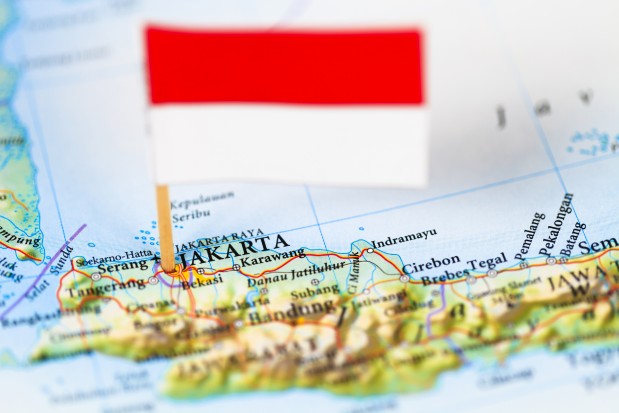AIIB, World Bank lend to Indonesia infrastructure

An Indonesian financier has borrowed US$200mn from the Asian Infrastructure Investment Bank (AIIB) and the World Bank.
PT Sarana Multi Infrastruktur (SMI) will on-lend the finance to infrastructure projects in Indonesia. The World Bank loans come under its regional infrastructure development fund (RFID), while the AIIB will engage on a co-financing basis.
Among the sectors earmarked for investment are transportation, housing, health facilities and education. It marks the third AIIB-World Bank collaboration in Indonesia, following February’s US$125mn loans to upgrade the country’s network of dams and January’s US$216.5mn investment in improving slum areas in Indonesia’s urban centres.
The AIIB and World Bank have worked closely since the former’s launch at the beginning of 2016. The China-led agency has announced that it has adopted the list of companies and entities sanctioned by existing multilateral development banks – a move that further aligns it with its peers.
This means that those sanctioned by the African Development Bank, Asian Development Bank, European Bank for Reconstruction and Development, Inter-American Development Bank and World Bank will not be permitted to work on AIIB-financed projects. Nor will they be able to borrow from the Berlin-based organisation.
The AIIB Director General Hamid Sharif explains: “Creating a culture that lives up to our core value to be clean is crucial for AIIB because we are ultimately the stewards of taxpayers’ money from all of our members. This is a responsibility we take very seriously and believe adopting the same list will help to ensure we only work with partners who will deliver corruption-free infrastructure projects that bring value for local communities in Asia.”
A statement on the AIIB’s website says the adoption is in lines with its “lean, clean and green organisational principles”. However, as GTR reported recently, the development bank has yet to make a conclusive statement about whether it will finance coal-fired plantsoverseas.
The AIIB has been lobbied extensively by coal-producing member states such as Australia and Indonesia. Despite early signs that coal would be off the agenda, its draft energy policy states: “Carbon-efficient oil and coal-fired power plants would be considered if they replace existing less efficient capacity or are essential to the reliability and integrity of the system, or if no viable or affordable alternative exists in specific cases, particularly in low-income countries.”
This has led some to speculate that it will finance coal under some circumstances, despite pressure from environmental groups to live up to its own guiding principle.



Comments
Post a Comment